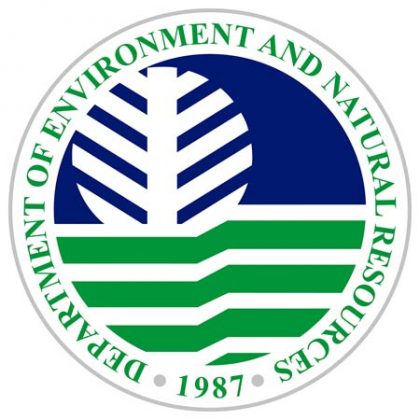
THE ENVIRONMENT department would continue efforts to stem the illegal wildlife trade to prevent the spread of microbial infections from animals to humans, an official said on Wednesday.
“To help prevent the infection of people by microbes from animals, we have been cracking down hard on illegal trafficking of wildlife,” Environment Undersecretary Jonas R. Leones told an online news briefing.
He also said the agency supports the World Health Organization (WHO) in trying to cut cases of antimicrobial resistance, which happens when bacteria, viruses, fungi and parasites resist drugs.
Man-made activities that destroy the environment increase contact between humans and animals and may result in more diseases caused by germs from animals, according to an Asia Pacific Economic Cooperation (APEC) Regional Trends report released this month.
“Environmental damage through deforestation, logging and mining increases our exposure to diseases by increasing human-to-animal contact,” it said.
Citing an earlier study by Stanford University, APEC said increased interactions between animals and humans due to deforestation could cause the spread of new diseases such as the coronavirus.
“The study finds that about 60% of infectious diseases have zoonotic origins, that is, they are caused by the crossover of pathogens from animals to humans,” according to the report.
“The frequency of such occurrences is likely to continue increasing as people destroy more habitats through unsustainable practices,” it added.
In July, Environment Secretary Roy A. Cimatu cited the need for heavier penalties to curb the illegal wildlife trade. — Angelica Y. Yang
